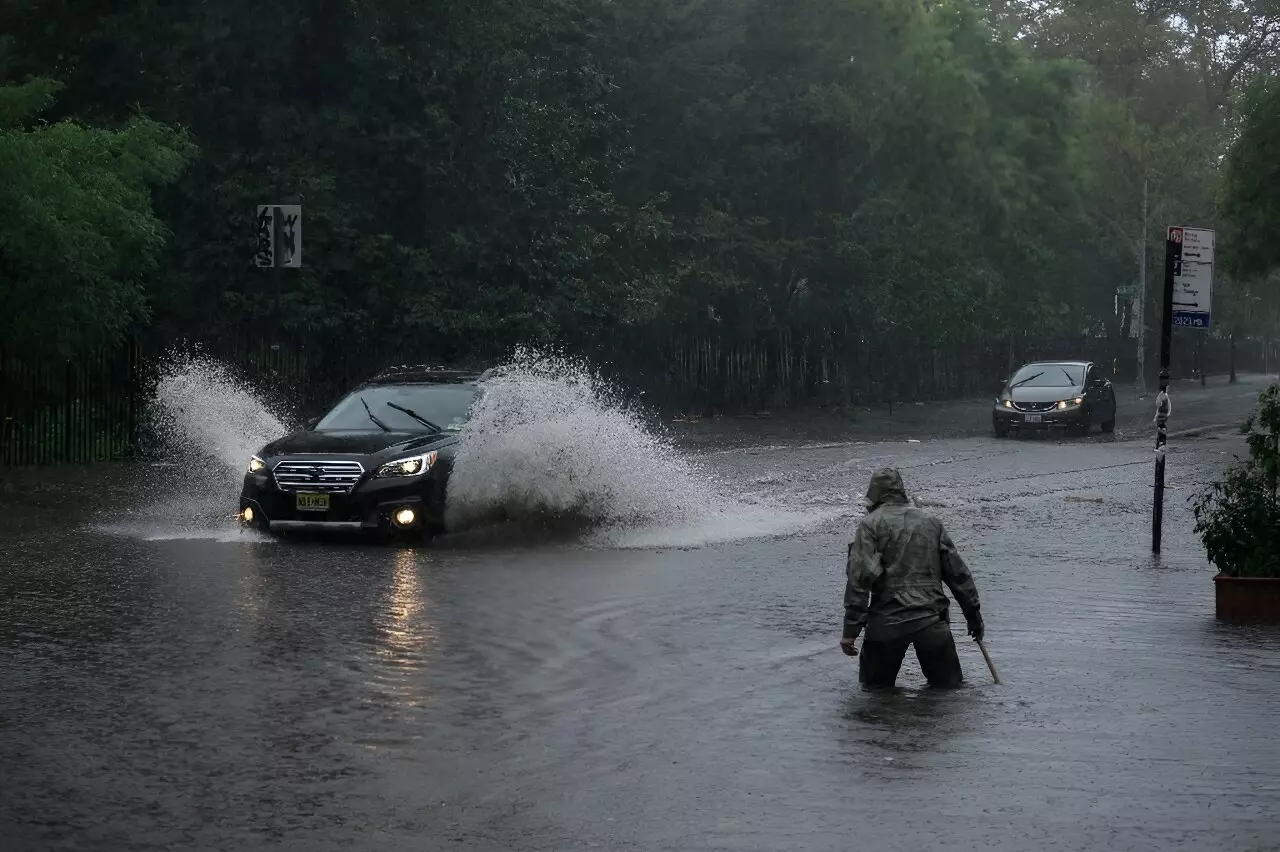With humans increasingly settling in areas highly exposed to dangerous flooding, a recent study has issued a warning about the rise in risky urban expansion into these vulnerable regions. Led by a World Bank economist, the research indicates that settlement growth in flood zones has far outpaced growth in safe areas since 1985. This article will analyze the study and emphasize the need for policy changes to address this concerning trend.
The study, which analyzed 30 years of satellite imagery and flood maps, looked at the expansion of human settlement globally and its relation to coastal, rainfall, and river flooding risks. It reveals that by 2015, 20 percent of all settlement areas were located in zones with medium or higher flood risks, compared to 17.9 percent three decades earlier. While the percentage increase may not seem significant, the sheer magnitude of settlement expansion globally since 1985 means that approximately 76,400 square kilometers (29,500 square miles) of human settlement, or 48 times the size of greater London, now faces flooding of over half a meter.
The expansion of settlements in flood-prone regions exacerbates the problem, as it not only increases flood exposure but also results in future losses and demands for mounting flood-protection investments. The paper published in Nature emphasizes that these expanding settlements effectively lock in flood exposure and further perpetuate the vulnerability of these areas. East Asia and the Pacific region, particularly China, Vietnam, and Bangladesh, are among the most exposed regions, driven by rapid urban expansion. The study also notes that in Vietnam, nearly one-third of the coastline is now developed, leading to new developments disproportionately being forced onto hazardous land and previously avoided areas such as riverbeds or floodplains.
While the analysis doesn’t incorporate potential increases in flood risks caused by climate change or other factors such as deforestation, it highlights that flood zones are not expanding at a rate comparable to human settlements in known risk areas. This suggests that settlement patterns remain the primary factor for policymakers to address. The research also acknowledges the disparities between flood protection systems in high-income and low-income countries. However, even most high-income countries cannot provide full protection against rare and intense flood scenarios, which this study takes into consideration.
Climate change contributes to the risk of devastating flooding due to a warmer atmosphere holding more moisture, making rain events potentially more powerful. Consequently, flood events that were once considered to occur infrequently are now becoming increasingly common. Understanding the settlement trend is crucial in order to shift urbanization policies. Rather than focusing solely on reducing risks, countries must first halt the increase in exposure to flood hazards. This involves reconsidering settlement patterns and implementing measures to protect vulnerable communities.
The alarming rise in settlements located in flood zones calls for urgent action and policy changes at both national and international levels. It is essential to address the expanding risk and protect vulnerable populations from devastating flooding. By understanding the influence of settlement growth in flood-prone areas, policymakers can work towards mitigating the risks and ensuring sustainable urban development. However, this also requires international collaboration and an acknowledgment of the challenges posed by climate change. Only through proactive measures can societies strive for a safer and more resilient future.


Leave a Reply